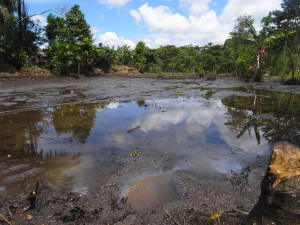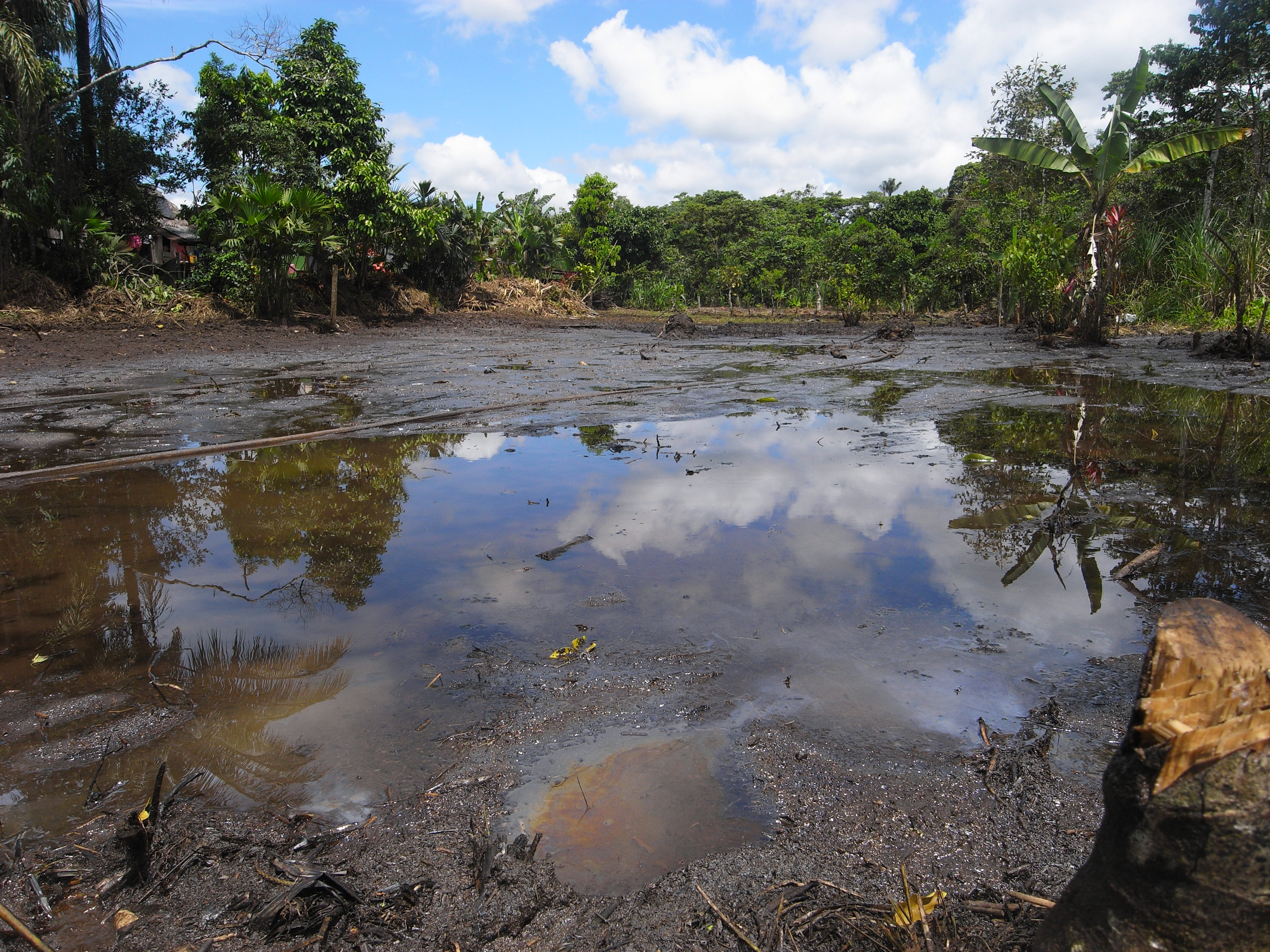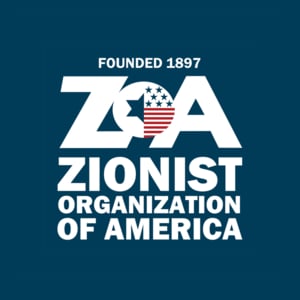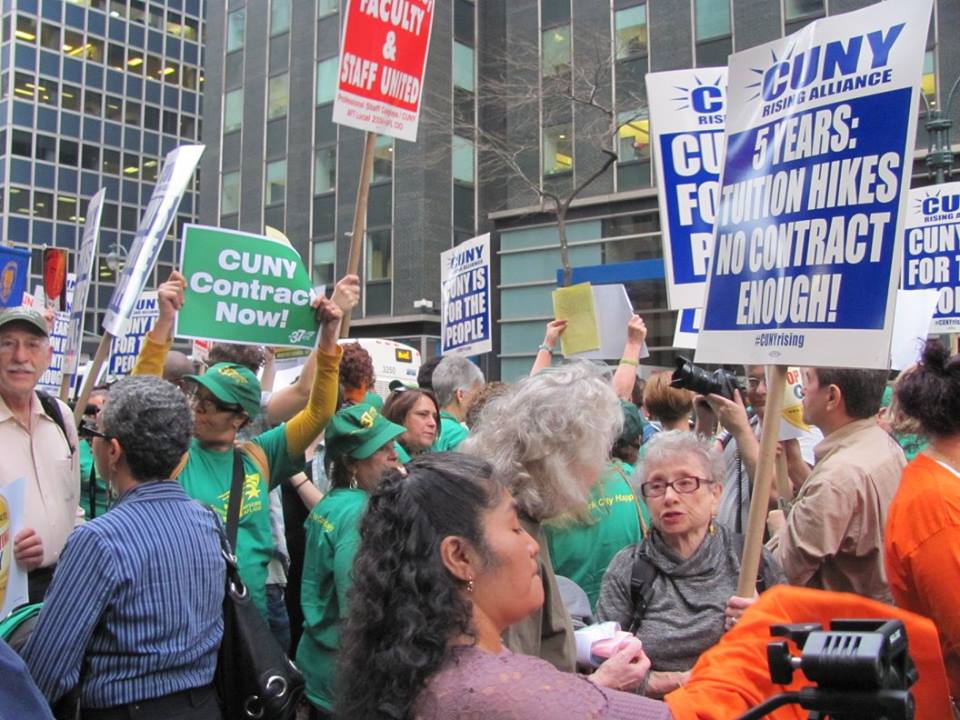
Photo of Lago Agrio in Ecuador in 2007, a place still affected by oil contamination by Texaco, later merged into Chevron. The site was one of the issues in the trial, although overlooked as a result of corruption by the defendants.
A district court judge has ruled Chevron does not need to pay a $9.5 billion settlement determined by an Ecuadorian court in 2011.
Due to the judgment being “obtained through illegal means,” Chevron would not have to pay the required fee, Judge Lewis Kaplan said. Chevron was obligated to pay for the environmental impact by Texaco — acquired by Chevron in 2002 — in Ecuador that affected indigenous peoples, such as the Huaorani people.
Steven Donzinger, a lawyer involved in the Ecuadorian settlement along with two Ecuadorian lawyers, was accused of bribery and corruption in the 2011 decision.
Judith Kimerling, a Queens College political science professor and a lawyer who has followed this issue for years, spoke on the case’s significance. Since 1989, she has traveled to the affected regions in Ecuador, witnessing Texaco’s impact. In fact, Kimerling attempted to intervene in the Donzinger case, but “the motion was denied because the judge didn’t want clean hands.”
“Chevron is trying to use misconduct [of the lawyers] to undermine the credibility of the victims’ claims,” Kimerling said.
Donzinger is accused of corruption by illegally colluding with the Ecuadorian courts. As mentioned in the 485-page opinion decision, Kaplan highlighted one Ecuadorian legal team member who admitted if documents became public, then they would have “gone to jail.”
“The wrongful actions of Donziger and his Ecuadorian legal team would be offensive to the laws of any nation that aspires to the rule of law, including Ecuador — and they knew it,” Kaplan said.
Donzinger has said to other people, and even wrote in a journal, he was interested only in getting more money as a result of the 2011 decision, rather than a fair settlement for the indigenous people.
“I sit back and dream [and] I cannot believe what we have accomplished. [There are] important people interested in us. A new paradigm of not only a case, but how to do a case. Chevron want[s] to settle [and] billions of dollars [are] on the table. A movie, a possible book. I cannot keep up with it all,” Donzinger wrote in his journal.
In a paper submitted to the Stanford Journal of Complex Litigation, Kimerling highlighted the affect Texaco had in the region from 1964 to 1992. She mentioned how they dumped 19.3 billion gallons of oil into the rivers and streams “that served as rich fisheries and freshwater resource for local communities.”
The Huaorani, according to Kimerling, are a group of “hunters and gatherers” living in the Amazon rainforest “since before written history.” When oil was discovered near their territory, the Huaorani were displaced by the national government. Two members came to QC on May 7, 2012 to speak on the impact in their community.
The decision in Ecuador does not mean Chevron would be forced to pay the fee, as the company does not have assets in the country. Thus, it would only be enforceable in a country that does have Chevron assets. Courts in Brazil, Argentina and Canada have cases related to the 2011 decision.
“You have these national legal systems taking international legal cases,” Kimerling said.
Despite Judge Kaplan ruling the defendants are prevented from going to other courts in the U.S., courts in other countries can decide to enforce the payment.
While Chevron called it a “resounding victory,” Donzinger called it an “appalling decision.” Juan Pablo Saenz, lawyer for the two Ecuadorian lawyers, disagreed with the ruling as well.
“[The decision] constitutes a mockery of the rule of law and will not serve to reduce the risk the oil company faces in the imminent collection of the sentence dictated against it by the Ecuadorean justice system,” Saenz said.
Despite the decision still pending in other countries, Kimerling believes there is a message presented in this case.
“This is a message to oil companies that even in the most horrible situation, that if they fight enough, they got a good chance of getting away with it,” Kimerling said.
She added the case, while “complicated,” overshadowed the damage caused to the indigenous people. As she wrote in the report, it was not the fault of the affected people for the corruption charge, yet they are now jeopardized as a result of a decision like this.
“What does this mean for the real victims?” she asked.
Donzinger and his team have appealed the case to the appeals court. The court will decide to hear the case or accept Judge Kaplan’s decision.














